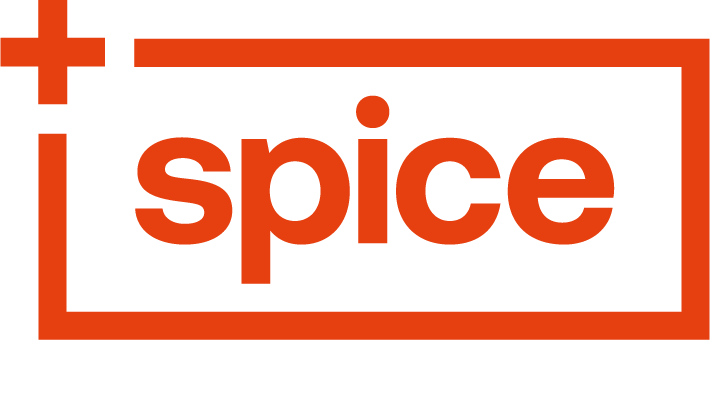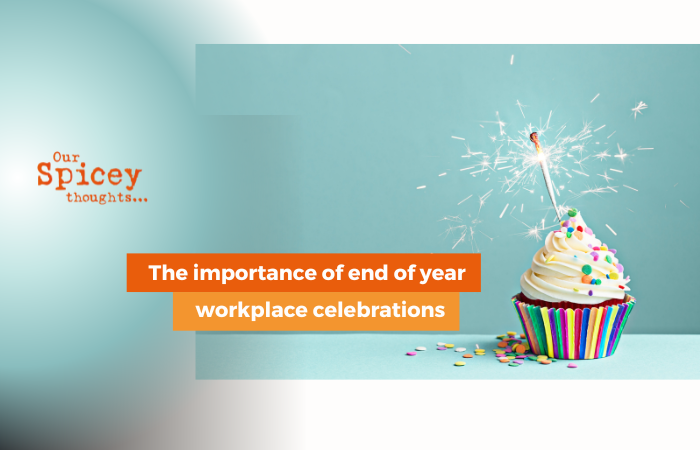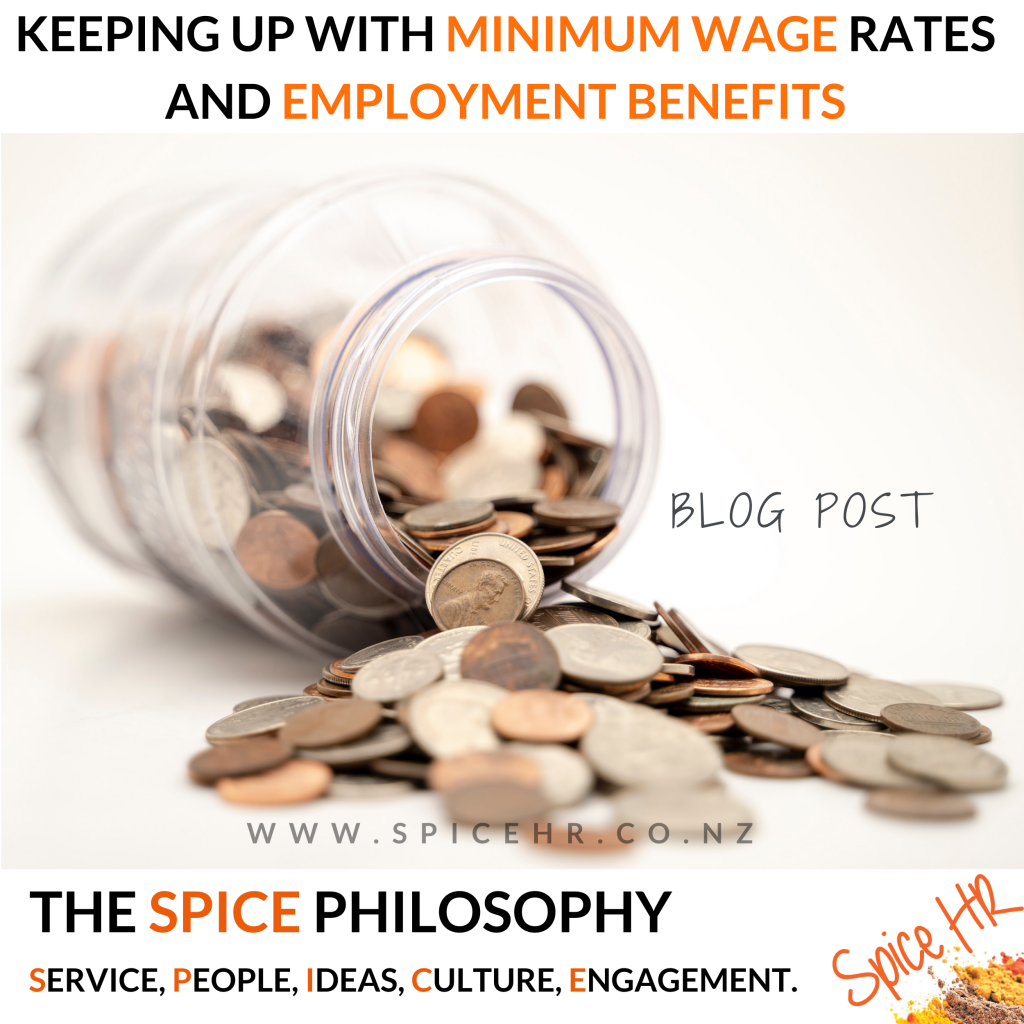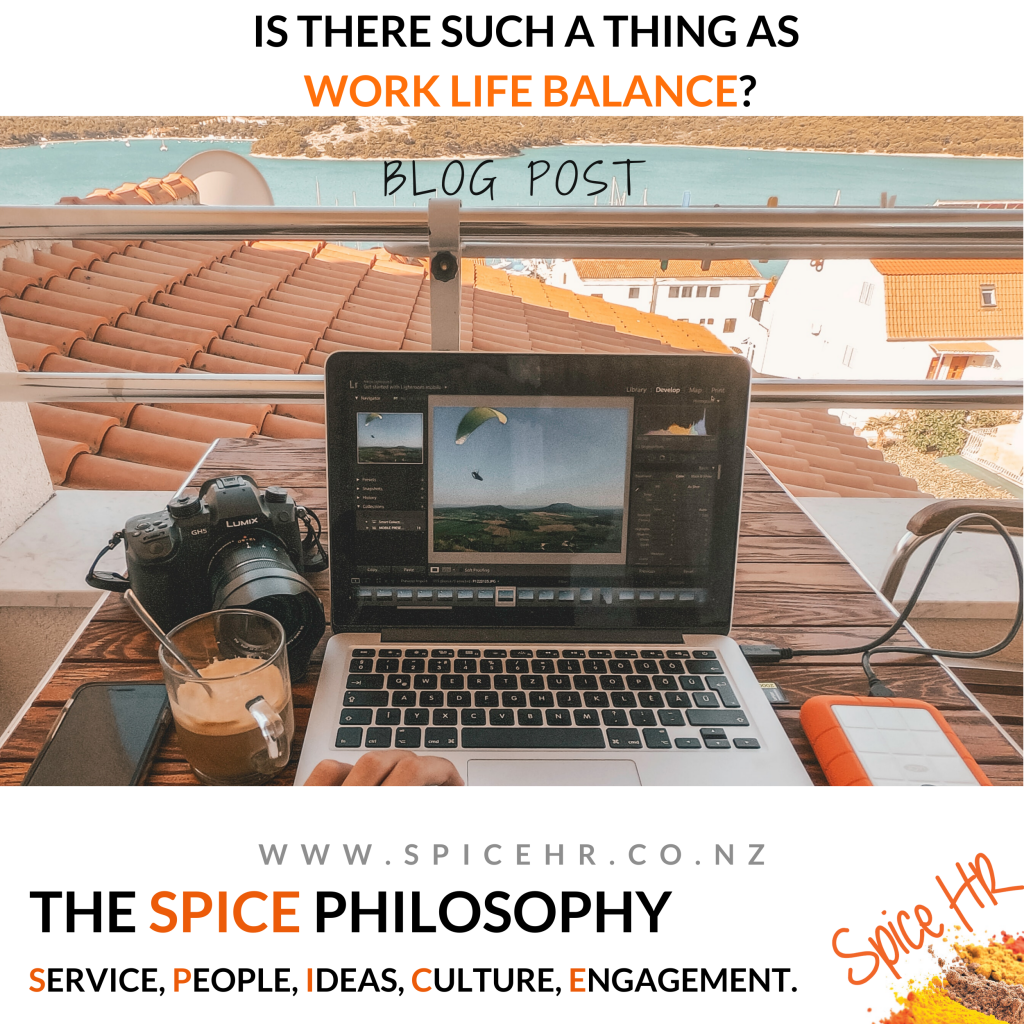
You know it’s coming.
You can literally feel the change of season in the air.
Yet somehow, the end of the year always has a habit of sneaking up on us.
We get so caught up in doing all the things throughout the year, that suddenly it comes as a surprise that we are going to stop for a bit.
The good news is that it is almost time to relax and celebrate the end of another year.
Keep reading to see how you can do that in a positive way and appreciate your team for all the hard work they have put in.
Let’s get into it.
How To Finish The Year On A High
Show Appreciation
Every day your team members ideally show up and work their hardest. The end of the year is the perfect time to show your appreciation for their dedication. The great thing is, there are plenty of ways that you can express your gratitude.
Here are a few ideas:
- Gifts: Probably the most traditional form of showing gratitude is giving a gift. Choose something thoughtful that is both practical and appropriate. Gift cards, personalised choices, or something that aligns with their hobbies will show that you appreciate and respect what they do.
- Personalised Notes: You don’t have to spend up large to show your appreciation. A handwritten, personalised note can be a lovely way to highlight the individual achievements or qualities you respect about each of your team members.
- Gratitude Day: You could offer each of your team members a bonus day of paid leave as a special gesture of appreciation for all of their hard work throughout the year.
- Appreciation Meal: Hosting a special meal simply to show thanks will give you a special space to highlight and acknowledge the individual contributions your team has made.
- Gratitude Wall: Share the love around your workplace by setting up a physical Gratitude Wall where your team members can leave messages of appreciation for each other. Not only does this show your thanks, but it also helps to promote a positive team culture.
- Awards Ceremony: Host a fun Awards evening or afternoon where everyone gets to dress up and receive their very own certificates for performance, innovation, teamwork, or being the one in the office who empties the kitchen bin the most!
Celebrate Successes
Celebrating the achievements that your team have made during the year is an awesome way to maintain a positive work culture. While you will (hopefully) have acknowledged the successes at the time they occurred, it can be fun and rewarding for the team to recap the greatest hits of the year.
You can do this in any way you feel is appropriate. It can be done at an end of year celebration, during a team meeting, or individual personalised messages to each team member.
You should also encourage everyone to share their own success stories, and give recognition to their peers and colleagues where appropriate. Using a holistic approach where everyone shares will really make it a meaningful experience for all.
End Of Year Celebration
The term “Office Christmas Party” can be a loaded one! So, let’s scrap the traditional terminology and bring everyone together for an end of year celebration instead. That way, you don’t have to worry about the cheesy connotations or potential bad behaviour!
Instead, you can focus on the main purpose of the event – to celebrate a job well done together.
This is particularly important in the post-Covid work environment where people might not all be in the workplace together at one time. Remote working, flexible hours, and multi-location working are all wonderful additions for your team, but it might mean that they don’t get to spend the same amount of time in each other’s company that they did previously.
An end of year celebration can be the perfect time to reconnect, interact, and generally enjoy a fun experience together.
Planning Your Celebration
While in the workplace, your team will be very conscious of displaying their professional persona. But, the great thing about an end of year celebration is that they get to relax and be themselves. Your team might even get to learn a bit more about themselves and see some personalities shine through.
In order for that to happen, you need to build a fun and interactive environment. Holding your celebration away from the workspace is a great way to encourage this as you can literally leave the work behind!
Choose something that all of your team can participate in and enjoy. You can choose anything! Here are some fun ideas:
- Beach BBQ
- Family Day Out
- Spa Day
- Canvas Painting Session
- Cocktail Mixing
- Cooking Classes
- Go Karting
- Bowling
- Mini Golf
- Escape Room
- Arcade Afternoon
- Ropes Course
- Rock Climbing
- Comedy Club, Show or Concert
- Team Lunch or Dinner
The whole idea is to create a positive vibe that they can carry into their holidays and the new year.
Creating A Holiday Vibe
While it is exciting to close off for the end of the year, there is still the last of your year’s tasks to finish before that can happen. December can be an exceptionally stressful time as there are plenty of deadlines to meet, lots of jobs to tidy up before the holiday break not to mention the end of year family commitments to fit in!
Here are some ways you can keep the stress levels down and the productivity flowing:
- Prioritise: help your team manage their workload by prioritising their tasks, setting realistic goals about what can be achieved and ditching the things that can wait for the new year.
- Communication: open and clear communication about expectations, deadlines and priorities is essential in the busy season. Quickly advise of any changes in schedules or tasks too.
- Flexibility: if possible, offer flexible working times and locations so that your team can balance their work and personal commitments.
- Support Wellbeing: the end of the year is the prime time for burnout, so encourage self-care practices amongst your team. Help them with stress management, mindfulness and maintaining a healthy work-life balance.
- Encourage Collaboration: emphasise the power of teamwork, collaboration and sharing responsibilities to get things done. Have your team support each other so that no one has to feel stressed and isolated.
- Embrace Holiday Spirit: create a festive atmosphere and get people in the mood for the holidays by decorating for Christmas, playing holiday themed music, and organising a Secret Santa. These fun things can keep morale high and build a positive vibe.
Call For Help
If there is anything your team cannot manage, then make sure you call in the experts to help. Here at Spice HR, we want you to roll into the end of the year feeling accomplished, relaxed and productive. So, we are on hand to help with any of your HR related inquiries both now and into the new year.
Get in touch with the Spice Gals now if we can help with anything related to your people-focused solutions.









